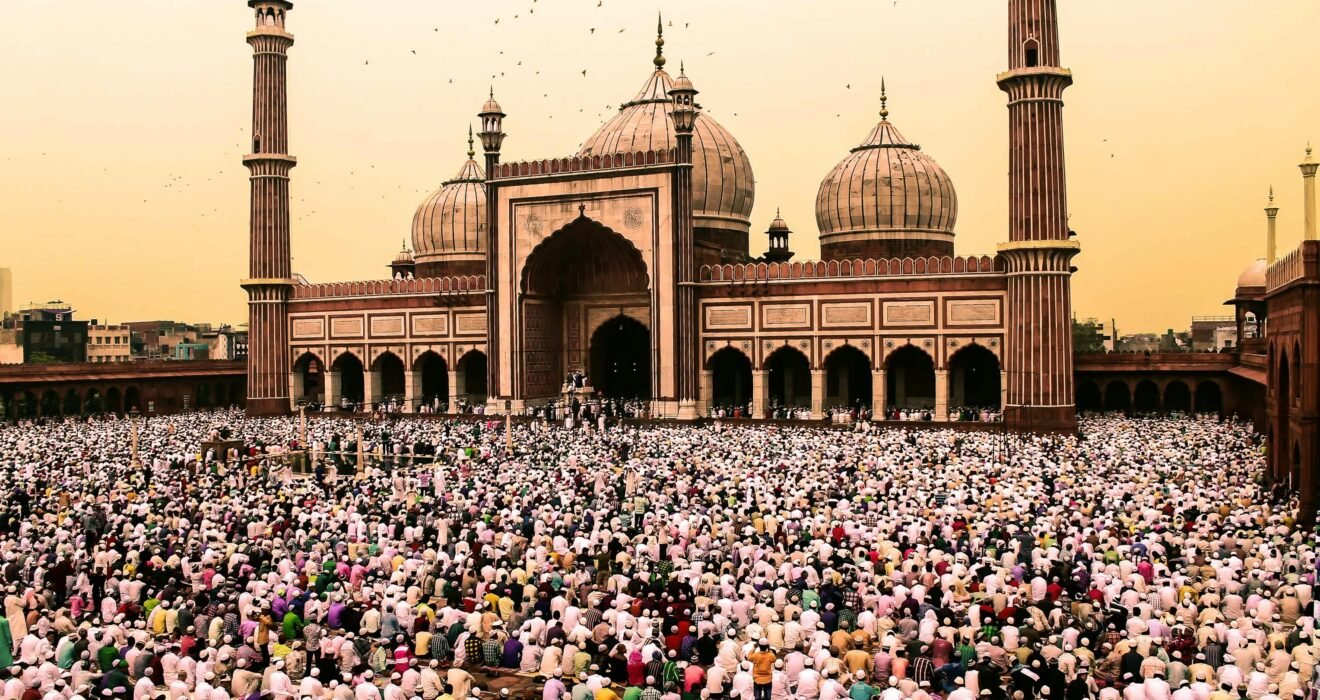A mosque is not just a physical structure, but a spiritual space that serves as the heart of the Muslim community. It is where worshippers gather to connect with God, reflect, and perform the five daily prayers (salat). Building a mosque is not just about constructing a building; it’s about creating a space that is both spiritually and functionally designed to enhance the religious experience. In this blog, we’ll explore the elements involved in building a mosque, from its architectural features to its cultural significance and the role it plays in the community.
In Islam, a mosque (or masjid) is more than just a place of worship; it is a sanctuary for the soul, a space for reflection, a center for community activities, and a place where knowledge is imparted. The act of building a mosque is considered a form of charity (sadaqah jariyah), as it provides a space for ongoing worship, education, and community service.
- Primary Function: The mosque’s main function is to serve as a space for communal prayers, especially the Friday prayer (Jumu’ah) and during the month of Ramadan.
- Secondary Functions: Mosques also serve as centers for social gatherings, educational workshops, Quranic teachings, and interfaith dialogue. Some mosques may also offer charitable services like soup kitchens, medical clinics, or shelters.
Spiritual Hub for Worship and Reflection: The mosque is the central place for communal prayers, where Muslims gather five times a day to connect with God. It provides a peaceful environment for personal reflection, spiritual growth, and the practice of key religious rituals like salat (prayer) and zakat (charity).
Community Center and Social Support: Beyond its role as a place of worship, a mosque serves as a hub for community engagement, education, and charitable activities. It fosters a sense of belonging, provides resources like Quranic classes, and often supports social welfare initiatives, such as food banks or healthcare service.
Building a mosque is a monumental task that goes far beyond just constructing a building. It is about creating a sacred space that fosters spiritual growth, community unity, and a deeper connection with the divine. Whether a small neighborhood mosque or a grand national landmark, each mosque serves as a place where people can come together in worship, seek knowledge, and contribute to the welfare of the wider community.


